|
|
|
Editor's note
|
|
Have you ever wondered how clouds stay up in the sky? What about whether butterflies remember being caterpillars? Some questions, only a child can dream up – and all too often, we might not quite know ourselves. If only there were some experts on hand with the answers ...
That’s why The Conversation introduced Curious Kids – a series where children send in their questions about the world, and we find an academic to answer them. The idea is simple – but the results are nothing less than astonishing. So far we’ve found out why the universe looks like a giant brain, what makes people see colours differently and how chickens keep running around after their heads have been chopped off.
We hope this selection will help fill your festive period with wonder and awe. And if a little one asks a question you can’t answer, send it through to curiouskids@theconversation.com, along with their name, age and town or city – we might just know an expert who can.
All the best.
|
Emily Lindsay Brown
Editor for Cities and Young People
|

|
|
|
|
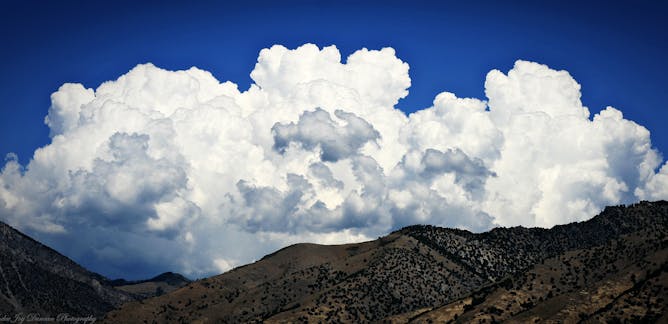
Jim McQuaid, University of Leeds
Even a small cloud can weigh as much as four tonnes – but gravity, chemistry and temperature keep them floating in the sky.
| |

Maya Horton, University of Hertfordshire
Our brain cells do look a lot like a map of the universe – but that doesn't mean they're the same thing.
|

Niia Nikolova, University of Strathclyde
What colours we see depends not just on how things are in the world around us, but also on what happens in our eyes and our brains.
| |

Mark Lorch, University of Hull
Put simply, it's the outcome of a chemical reaction, which humans learned how to make some 400,000 years ago.
|
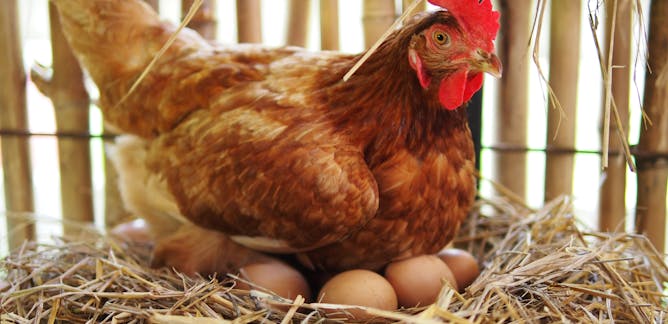
Emily Burton, Nottingham Trent University
Having looked after chickens for generations, humans are pretty good at getting them to keep on laying eggs.
| |

Alan Shipman, The Open University
When poorer countries print more money, it doesn't make them richer – it just means people need more money to buy the same things.
|

Claire Earlie, Cardiff University
Waves lap against the shore on the south coast of England and the North coast of France – but the answer to this puzzle is in the wind and the land, not the waves themselves.
| |
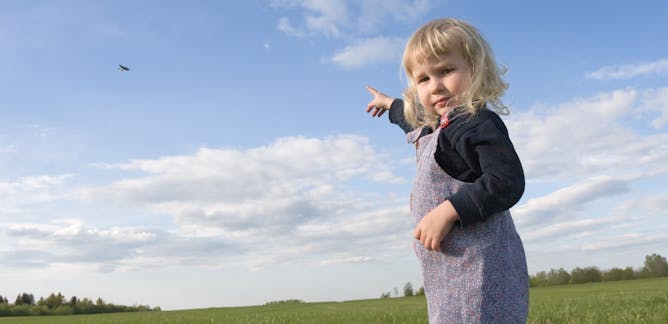
David Franklin, University of Portsmouth
Your field of view is how much you can see without turning your head. When things are closer to us, they take up more of our field of view, which makes them look bigger.
|
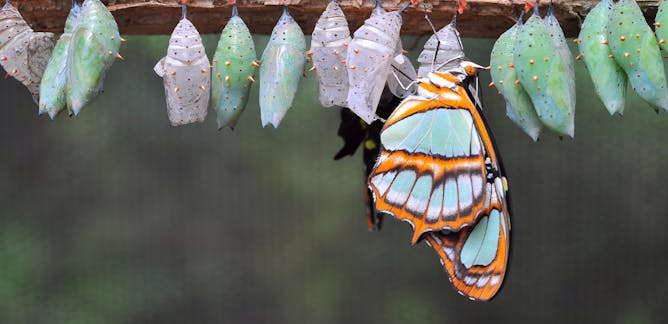
Michael F. Braby, Australian National University
Scientists were not sure if an adult butterfly could remember things it learned as a caterpillar. Then a study by a team of US scientists found something very interesting.
| |
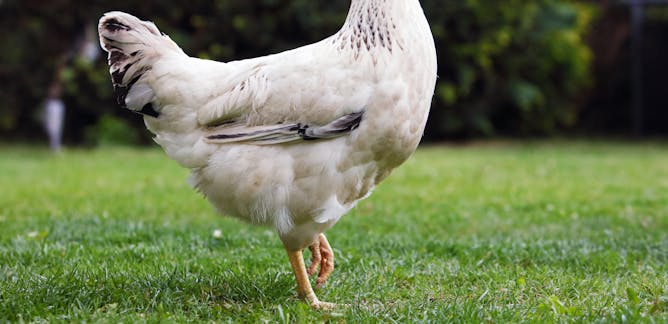
Jan Hoole, Keele University
There was once a chicken called Miracle Mike who lived for 18 months without a head: it's all to do with nerves.
|
|
|
| |
Featured events
|

|
Exhibition Space, Emily Wilding Davison Building, Egham, Surrey, TW20 0EX, United Kingdom — Royal Holloway
|

|
Picture Gallery, Egham, Surrey, TW20 0EX, United Kingdom — Royal Holloway
|

|
Picture Gallery, Egham, Surrey, TW20 0EX, United Kingdom — Royal Holloway
|

|
Picture Gallery, Egham, Surrey, TW20 0EX, United Kingdom — Royal Holloway
|
|
|
|
| |
| |
| |
| |
| |
|
|
|
|
|
|
|